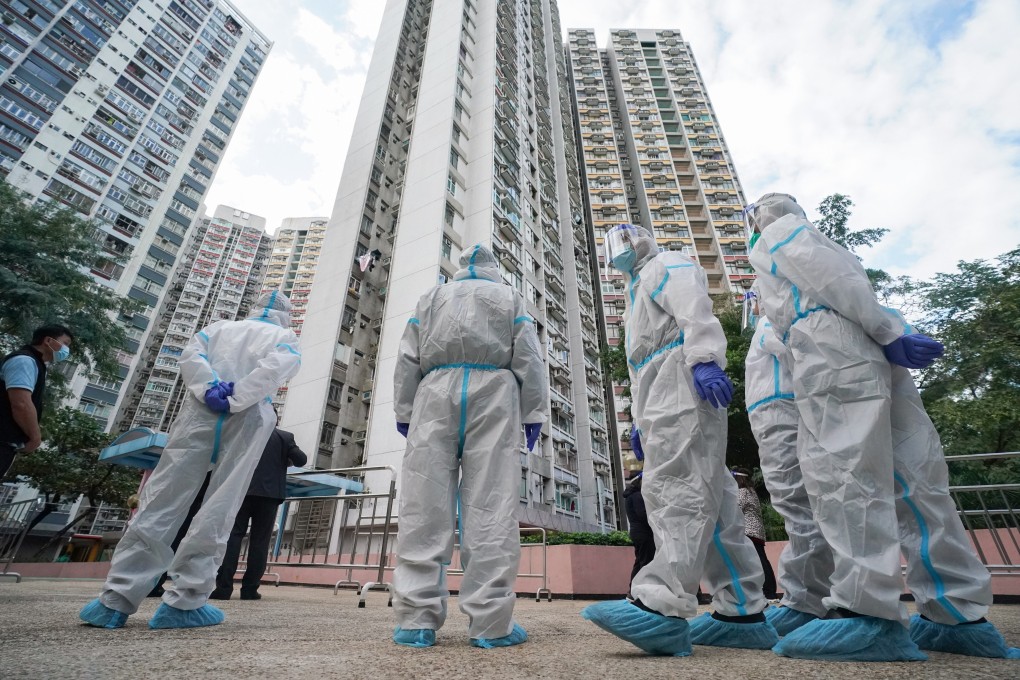Explainer | Coronavirus: how Hongkongers can safeguard their living environment in battle against Covid-19
- Design issues at public housing estates have increasingly become a cause for concern as more residential blocks have been hit by Covid-19 outbreaks
- Experts say ensuring proper ventilation and natural lighting in rooms, and routine maintenance of drainage systems can keep living spaces healthy

The Post spoke with architects and engineers to find out what residents can do to safeguard their living environment and hence their health. Here’s what they had to say.
How long can the coronavirus survive on different surfaces?
According to the New England Journal of Medicine, lab results indicate the coronavirus can be detected after 72 hours on stainless steel and plastic surfaces. Virus particles seem to take less kindly to copper and cardboard surfaces, dissipating after 24 hours.

03:02
Coronavirus: Hong Kong extends hotel quarantine for overseas arrivals to 21 days
However, Mary Chan Suk-fun, director of the Hong Kong Green Building Council, said that while the lab results were informative, experiments in other countries would have different outcomes because of variables such as temperature and humidity.